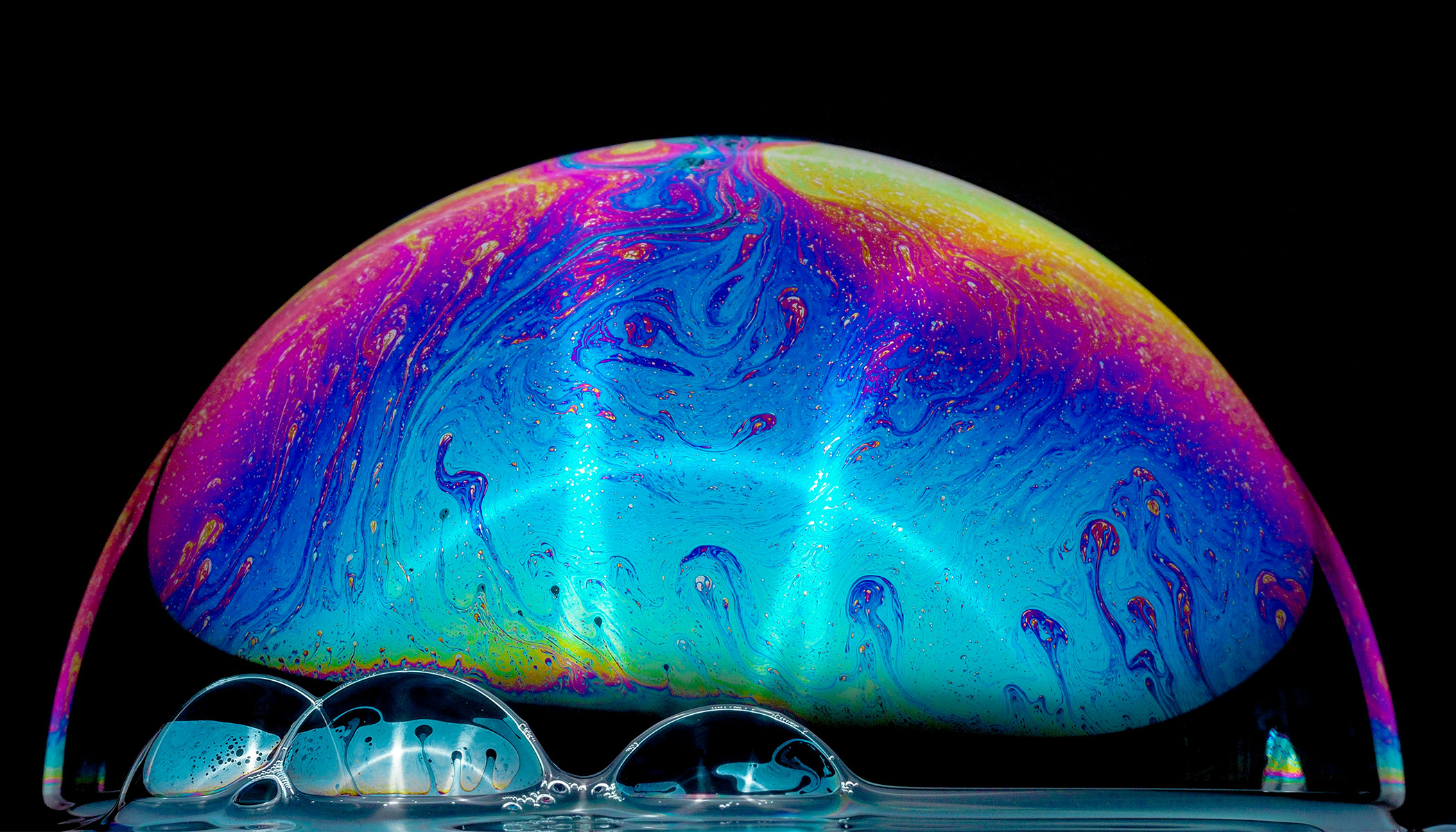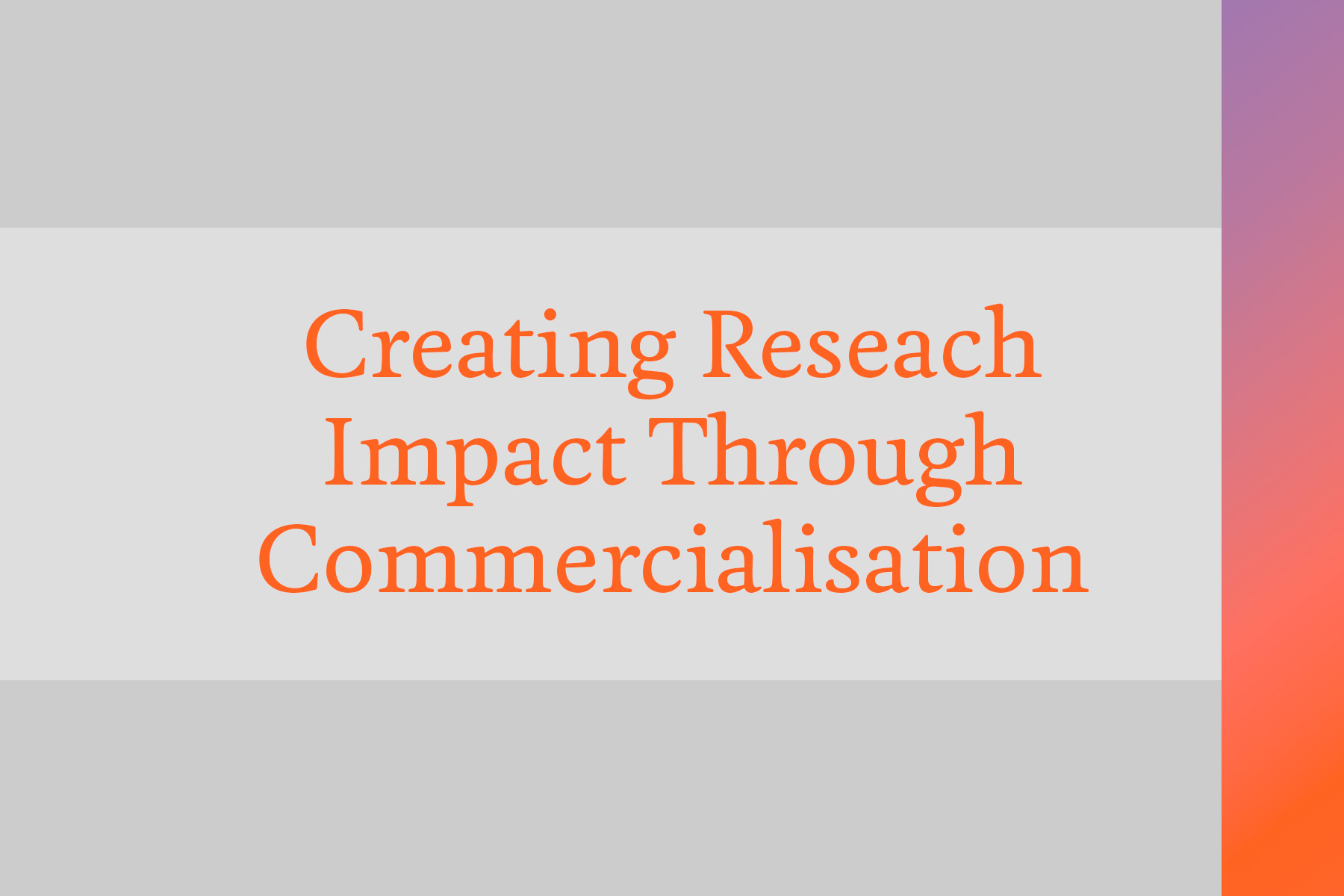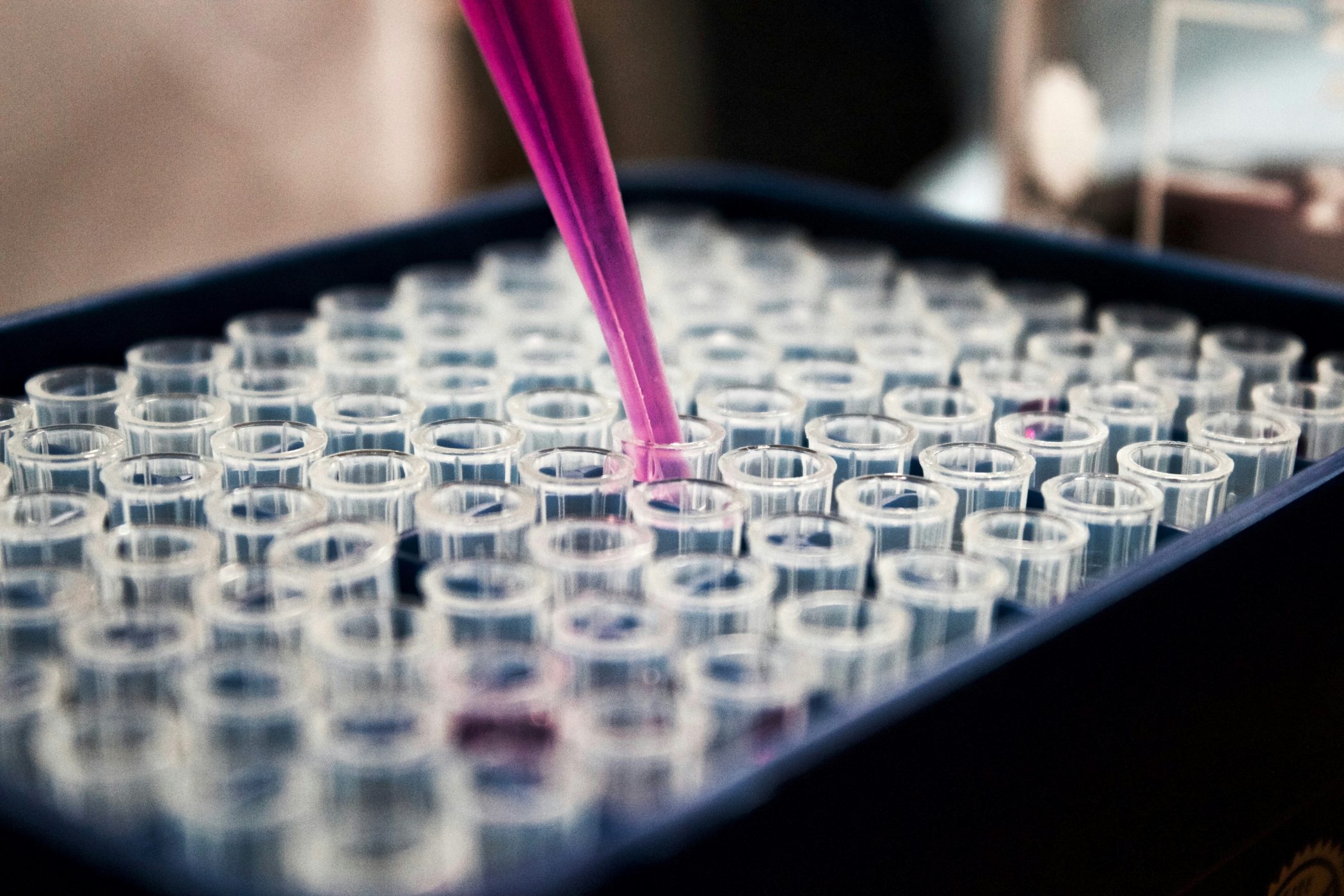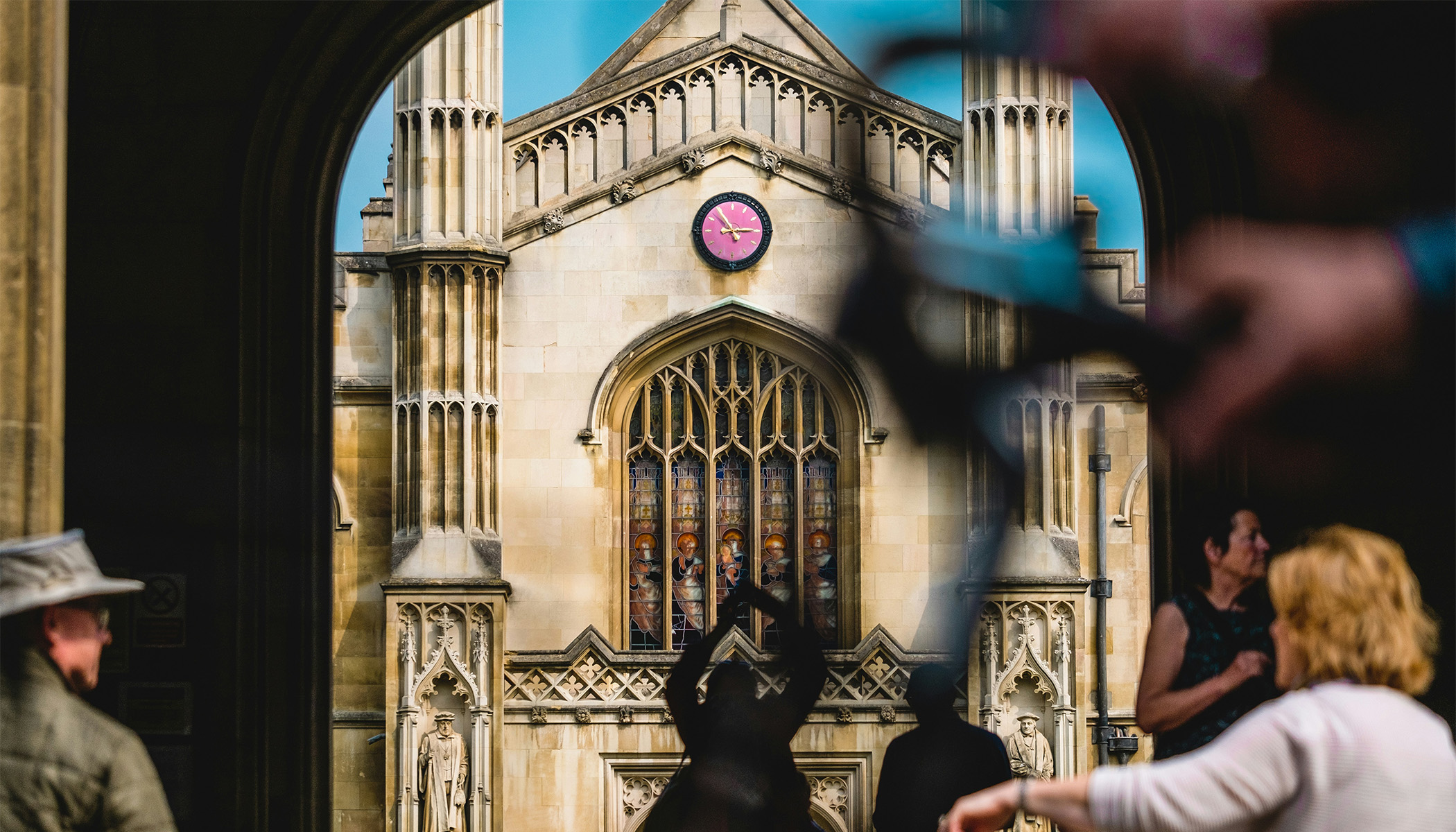Do you have an idea that you think has commercial potential?
Every idea is different. We can help you transform your ideas into commercial opportunities attractive to organisations that can bring them to market. We do this through collaboration both with you and with external parties to help you achieve your goals.
We are experienced in creating beneficial impact from research originating from across all of the University’s Schools. Whether you have the seed of an idea, a piece of software, or an invention that is already well defined, we encourage you to get in touch for a confidential discussion to see whether we can help you take it forward.
Why commercialise your research?
Create beneficial impact from your research
Grow your network of contacts and ideas
Generate revenue from your research
Benefit from our expertise and support
We offer support by:
- Evaluating the market potential of your idea
- Working with you to develop an optimal commercialisation strategy for your idea
- Helping you to understand, manage and protect the intellectual property (IP) underlying your research
- Helping you to build your idea into an attractive business opportunity
- Negotiating optimal licensing terms and managing any license contracts and revenue generated on your behalf
Have an idea or commercial opportunity and ready to take the next step?
It’s never too early to get in touch. Whether you have the seed of an idea, a piece of software, or an invention that is already well defined, we encourage you to get in touch for a confidential discussion to see if we can help you take it forward.









